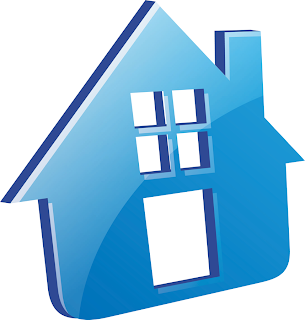How much house can you REALLY afford?

Acquiring a mortgage - and acquiring a mortgage you can afford - are two separate things. Often, banks or lenders will approve you for much more than fits comfortably into your lifestyle. That's because they rely on two calculations - Gross Debt Service Ratio (GDS) and Total Debt Service Ratio (TDS) to come up with that magic number.
The problem with those calculations is that, while they take into consideration some household expenses to determine how much mortgage you can afford, they don't take into consideration all of them.
Such expenses as mobile phone bills, cable, entertainment, and groceries, for example, aren't factored into the equation - instead, they focus on the bare necessities such as heat, loan payments and credit card minimum payments. They also base the calculations on your gross household income - not your net (or after-tax) income, which can be a little misleading as well.
So how can you determine how much house you can really afford? Well, there seems to be a few differing "rules of thumb" out there:
1. The price tag of the home shouldn't be more than two to three times your gross household income.
So, if your household is making $100,000 per year, your home's price tag should fall between $200,000 to $300,000. Given today's real estate prices, many believe this adage is outdated.
2. The total mortgage amount shouldn?t be above four and a half or five times your gross family income.
So for the same $100,000 couple, that would take you to a $450,000 or $500,000 mortgage loan. Whatever down payment you've mustered to save will increase the home's price tag accordingly. While the previous example seemed a little low, many believe this number is a little high, and could cause homeowners to over-extend themselves.
3. Find your own magic number.
Depending on your lifestyle and where you choose to spend your money, your idea of home affordability will vary from someone who has completely different spending habits. That's why it's important to find out what number works for you.
Start by tracking your spending - most people underestimate exactly where their money is going. Next, figure out what extras you can do without - and which ones you absolutely can't. If you love dining out, for example, it's better to come to terms with this fact and buy more house than convince yourself that once you own a home you'll eat in every night.
With interest rates continuing to sit at record lows, it might also serve you to see what you can afford at a higher interest rate - say 6%. This can help you ensure that you'll be in a comfortable place both today and when it comes time to renew.
-Axiom Mortgage Partners
Comments
Post a Comment